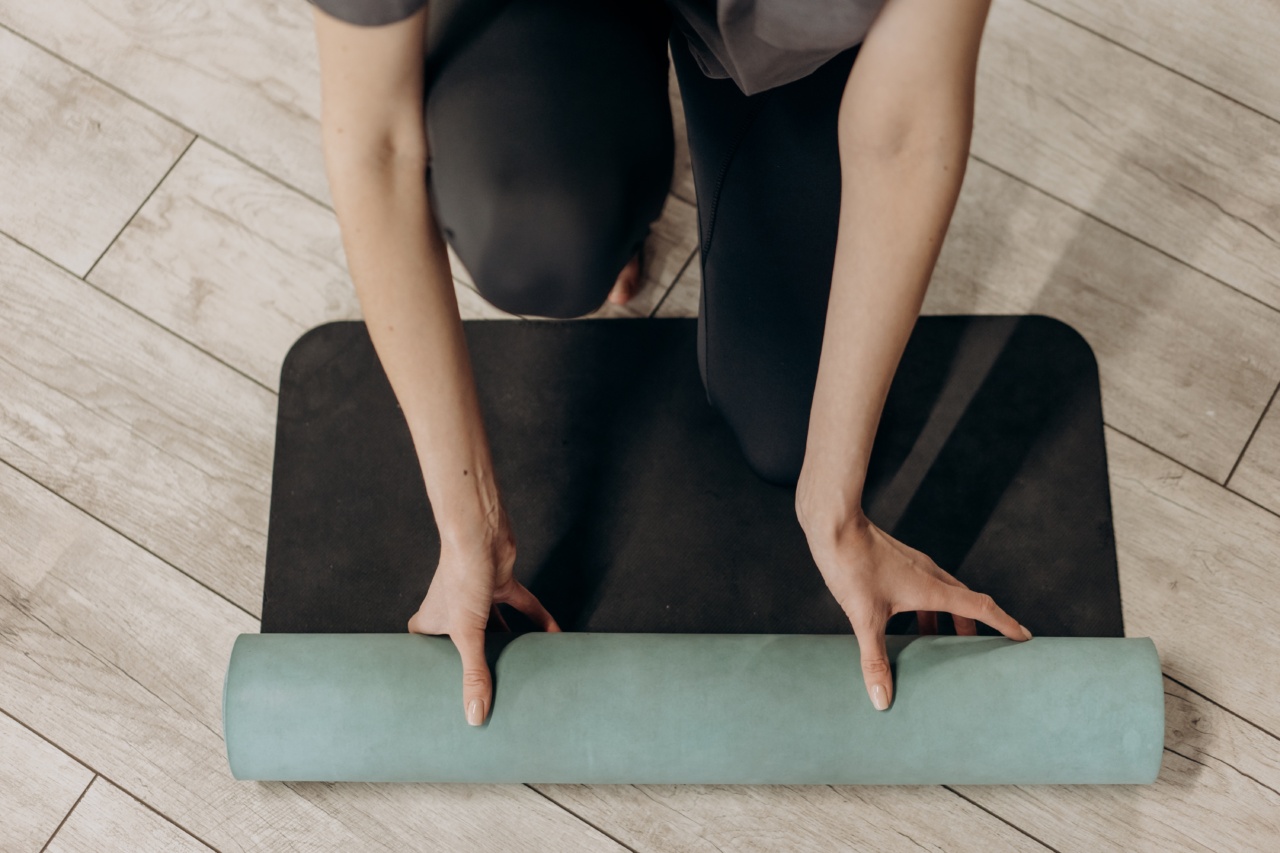Gymnastics involves a combination of strength, flexibility, balance, and endurance, all of which require proper nourishment to perform at peak levels.
What a gymnast eats before, during, and after training or competition can have a significant impact on their performance, recovery, and overall health. In this article, we’ll explore the impact of food on gymnastics training and provide guidelines for optimal nutrition.
Pre-Training Nutrition
The meals and snacks consumed before training provide the fuel necessary to power an athlete through their workout.
Ideally, a gymnast should aim to eat a meal containing complex carbohydrates, lean protein, and healthy fats at least 2-3 hours before training. This will give their body ample time to digest the food and convert it into usable energy. Recommended pre-training meals include:.
- Whole-grain toast or oatmeal with nut butter and sliced banana
- Grilled chicken with sweet potatoes and steamed vegetables
- Quinoa salad with grilled shrimp and avocado
If a gymnast is unable to eat a full meal before training, they should opt for a nutrient-dense snack that will provide quick energy without causing stomach discomfort. Good pre-workout snacks include:.
- Fruit smoothie with protein powder and almond milk
- Peanut butter and jelly sandwich on whole-grain bread
- Greek yogurt with mixed berries and granola
During Training Nutrition
Gymnastics training can be intense and cause an athlete to lose significant amounts of fluids and electrolytes through sweat.
It’s important to stay hydrated during training by drinking plenty of water and electrolyte-rich beverages such as sports drinks or coconut water. Depending on the duration and intensity of the workout, athletes may also benefit from consuming simple carbohydrates such as energy gels or chews to maintain blood sugar levels and sustain energy.
Post-Training Nutrition
The food consumed after a gymnastics workout is critical for muscle recovery and growth. This is when the body is most receptive to nutrient uptake and can quickly replenish the glycogen stores depleted during exercise.
A post-workout meal or snack should contain high-quality protein and complex carbohydrates to facilitate muscle repair and reduce inflammation. Recommended post-training foods include:.
- Salmon with brown rice and roasted vegetables
- Whole-grain pasta with tomato sauce and lean ground beef
- Vegetable omelet with whole-wheat toast and fruit
In addition to post-workout meals or snacks, athletes may also benefit from consuming a protein shake or bar to deliver essential amino acids quickly to the muscles. This can help speed up the recovery process and reduce soreness.
The Importance of Hydration
Proper hydration is essential for optimal athletic performance and overall health. Dehydration can lead to fatigue, cramping, dizziness, and decreased cognitive function.
Athletes should aim to drink at least 8-10 glasses of water per day and more during periods of intense training or competition. Carrying a water bottle and sipping regularly is an easy way to stay hydrated throughout the day. Athletes should also monitor their urine color; if it’s dark yellow or amber, they may be dehydrated and need to increase their fluid intake.
The Role of Supplements
While a well-rounded diet should provide all the necessary nutrients for gymnastics training, supplements can be useful for athletes who may have trouble meeting their dietary goals. Commonly used supplements for gymnasts include:.
- Protein powder: To increase protein intake and promote muscle growth.
- Creatine: To improve muscle strength and power during explosive movements.
- Vitamin D: To support bone health and immunity.
- Fish oil: To reduce inflammation and promote cardiovascular health.
- Caffeine: To increase energy and mental alertness.
However, athletes should always consult with a qualified healthcare professional before taking any supplements to ensure they’re safe and effective for their individual needs.
The Bottom Line
Proper nutrition is essential for gymnastics performance and overall health.
A well-rounded diet that incorporates complex carbohydrates, lean protein, healthy fats, and plenty of fruits and vegetables will provide the necessary nutrients for optimal athletic performance. Hydration is also critical, and athletes should drink plenty of water and electrolyte-rich beverages throughout the day.
Incorporating supplements can also be useful for meeting specific nutrient needs, but athletes should consult with a qualified healthcare professional before taking any supplements to ensure safety and effectiveness.































